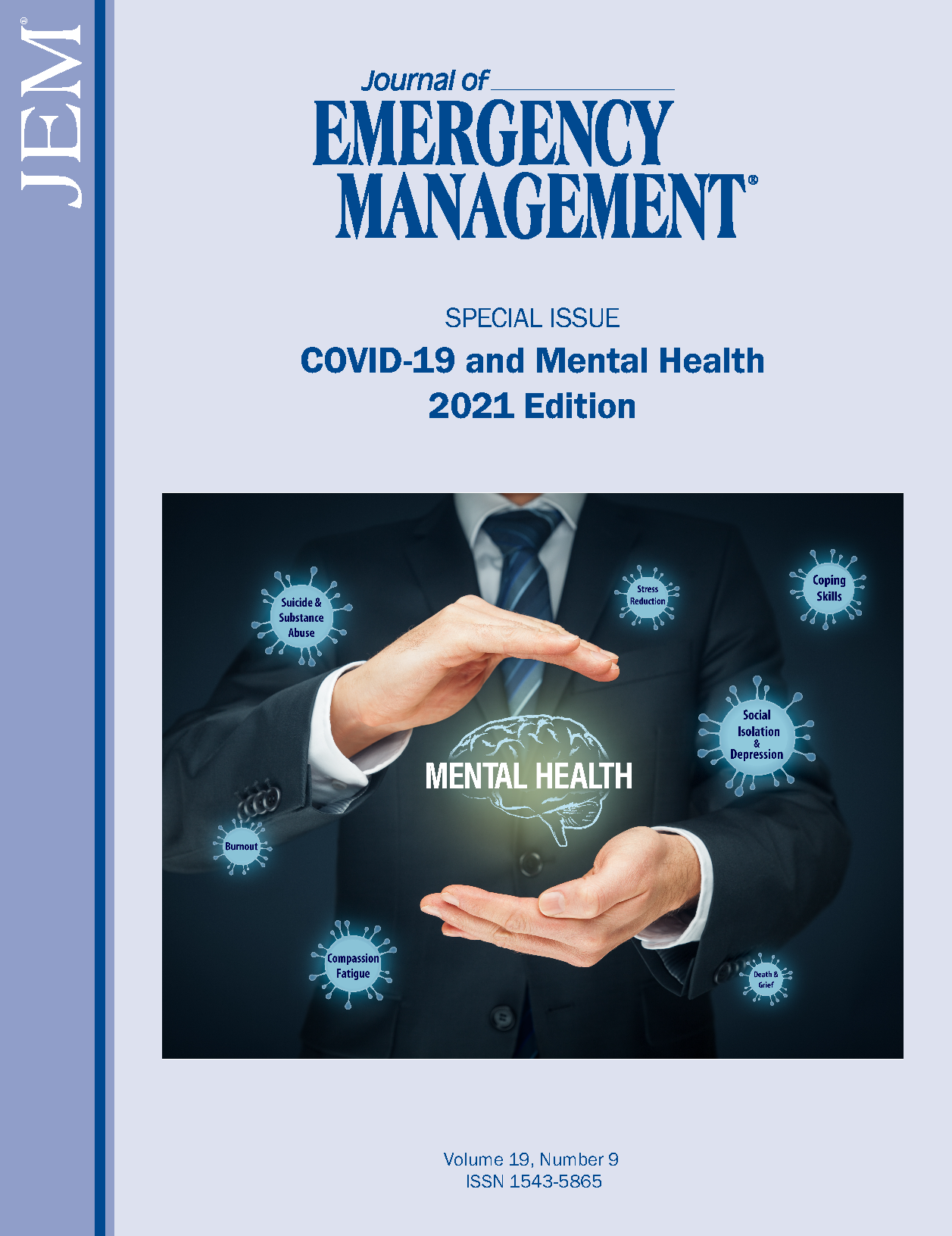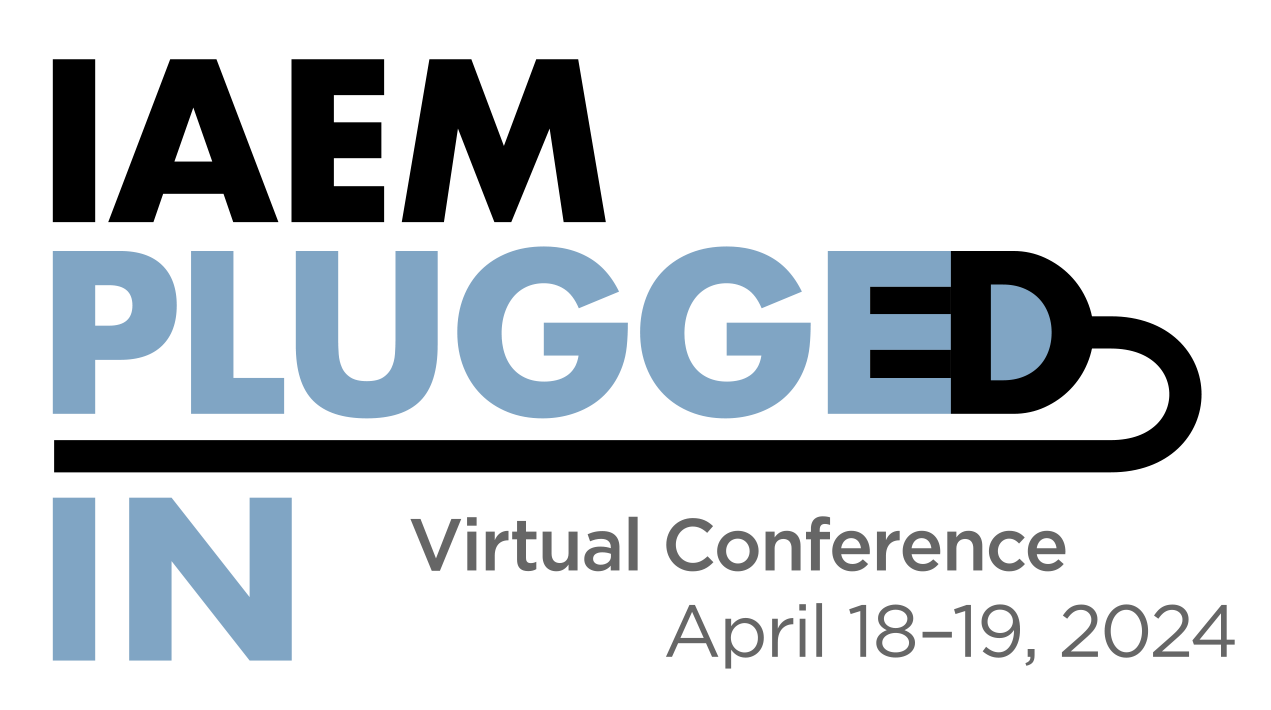Converging impact of the ongoing conflict and COVID-19 pandemic on mental health and substance use disorders in Ukraine
DOI:
https://doi.org/10.5055/jem.0603Keywords:
mental health, COVID-19, substance use disordersAbstract
Since the Russian annexation of the Autonomous Republic of Crimea and the subsequent occupation of parts of the Donetsk and Luhansk regions, Ukraine has been facing increasing security and healthcare challenges. The seven-year war in East Ukraine has led to a rise in substance and alcohol use and increasing addiction rates among veterans, internally displaced persons, and civilian survivors. This article examines the combined impact of the ongoing Russo–Ukrainian conflict and COVID-19 pandemic on substance use in Ukraine. It also gives an overview of the institutions in place to monitor and improve mental health in the country. The article highlights the urgent need for further funding and research on substance and alcohol addiction, with vulnerable populations affected by the conflict during the COVID-19 pandemic. Frontline healthcare workers in this region should anticipate an increased burden of patients suffering from substance use disorders who are in need of emergency management intervention and proper behavioral health referrals.
References
UNDP: UN study documents devastating impact of COVID-19 in Ukraine. UNDP. September 28, 2020. Available at https://www.undp.org/content/undp/en/home/news-centre/news/2020/UN_study_documents_impact_COVID19_in_Ukraine.html. Accessed February 1, 2021.
Ministry of Social Policy of Ukraine: 1,447,129 internally dis¬placed persons were registered. Available at https://www.msp.gov.ua/news/18724.html. 2020. Accessed February 1, 2021.
Posselt M, Galletly C, de Crespigny C, et al.: Mental health and drug and alcohol comorbidity in young people of refugee background: A review of the literature. Ment Health Subst Use. 2014; 7: 19-30.
Jenkins WD, Bolinski R, Bresett J, et al.: COVID-19 during the opioid epidemic – Exacerbation of stigma and vulnerabilities. J Rural Health. 2021; 37(1): 172-174. DOI: 10.1111/jrh.12442.
Rehm J, Kilian C, Ferreira-Borges C, et al.: Alcohol use in times of the COVID 19: Implications for monitoring and policy. Drug Alcohol Rev. 2020; 39(4): 301-304.
Council on Foreign Relations: Global Conflict Tracker: Conflict in Ukraine. Available at https://www.cfr.org/global-conflict-tracker/conflict/conflict-ukraine. Accessed February 1, 2021.
Patel SS, Zvinchuk O, Erickson TB: The conflict in East Ukraine: A growing need for addiction research and substance use intervention for vulnerable populations. Forensic Sci Addict Res. 2020; 5: 406-408.
Greene MC, Kane JC, Khoshnood K, et al.: Challenges and oppor¬tunities for implementation of substance misuse interventions in conflict-affected populations. Harm Reduct J. 2018; 15: 58.
Patel SS, Grace RM, Chellew P, et al.: Emerging Technologies and Medical Countermeasures to Chemical, Biological, Radiological, and Nuclear (CBRN) Agents in East Ukraine. Conflict Health. 2020; 14: 24.
Ministry of Health of Ukraine: Operational information on the spread of coronavirus infection COVID-19. 2020. Available at https://moz.gov.ua/article/news/operativna-informacija-pro-poshirennja-koronavirusnoi-infekcii-2019-ncov-1. Accessed February 1, 2021.
Meteliuk A, Galvez de Leon SJ, Madden LM, et al.: Rapid transitional response to the COVID-19 pandemic by opioid agonist treatment programs in Ukraine. J Subst Abuse Treat. 2021; 121: 108164.
World Health Organization Regional Office for Europe: Quantitative and qualitative analysis of Ukraine’s emergency medical services to assess current capacities and opportunities for future development: Report from Luhansk and Donetsk oblasts. WHO Regional Office for Europe. 2020. Available at https://www.euro.who.int/data/assets/pdf_file/0009/434925/Emergency-medical-services-in-Ukraine.pdf. Accessed February 1, 2021.
Cabinet of Ministers of Ukraine: CONCEPT of mental health development in Ukraine for the period up to 2030. 2017. Available at https://zakon.rada.gov.ua/laws/show/1018-2017-%D1%80. Accessed February 1, 2021.
CMHMDA: Information materials. Center for Mental Health and Monitoring of Drugs and Alcohol of the Ministry of Health of Ukraine 2019. Available at https://cmhmda.org.ua/info_materials/. Accessed February 1, 2021.
RFE/RL: COVID-19: Ukraine, Georgia, and Iran make pro¬gress in acquiring vaccines. COVID-19: Ukraine, Georgia, and Iran make progress in acquiring vaccines. January 31, 2021. Available at https://www.rferl.org/a/covid-19-ukraine-georgia-iran-acquiring-vaccines/31078472.html. Accessed February 1, 2021.
Ministry of Health of Ukraine: About vaccination against COVID-19 in Ukraine. Available at https://vaccination.covid19.gov.ua/. Accessed June 2, 2021.
Downloads
Published
How to Cite
Issue
Section
License
Copyright 2007-2023, Weston Medical Publishing, LLC and Journal of Emergency Management. All Rights Reserved








